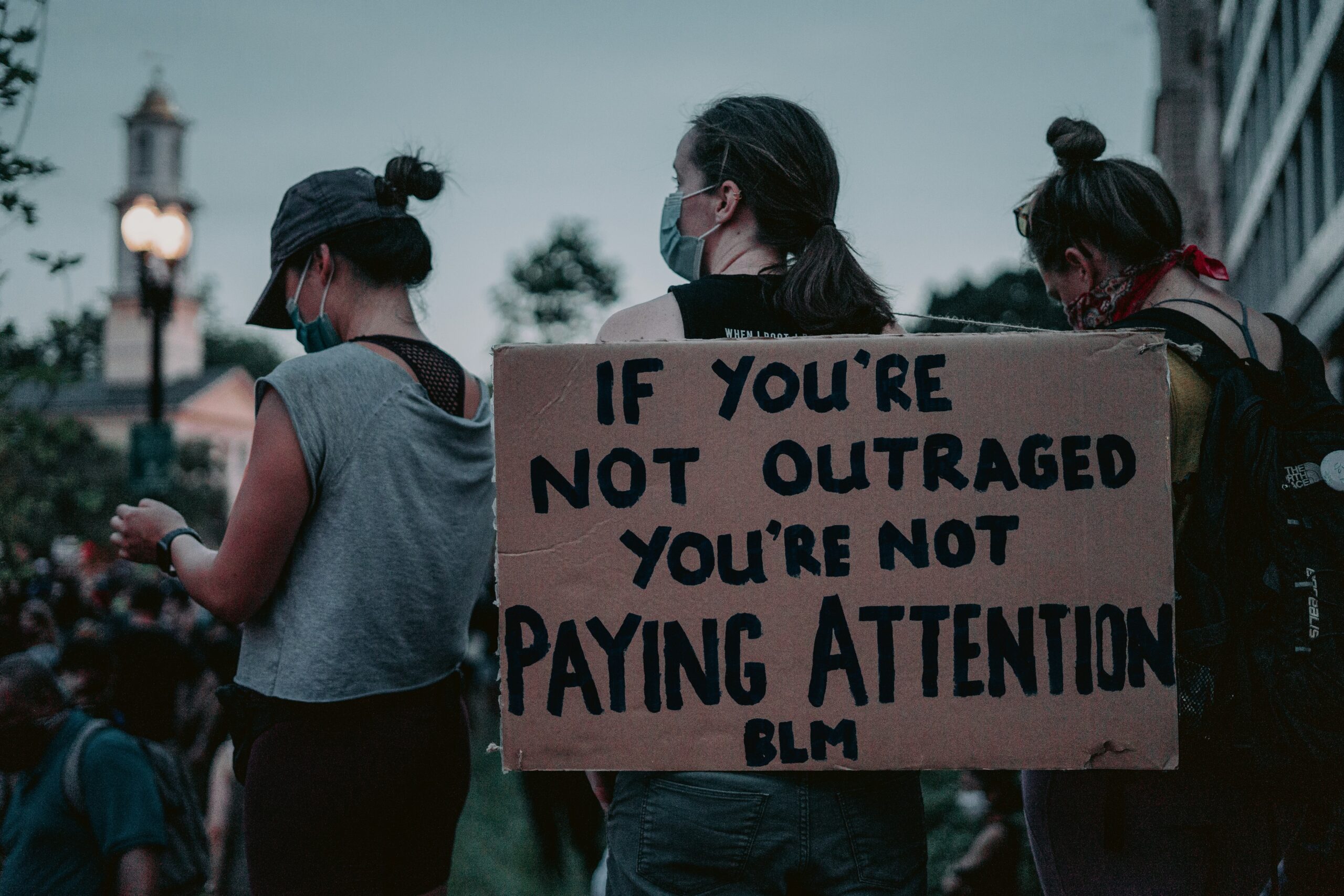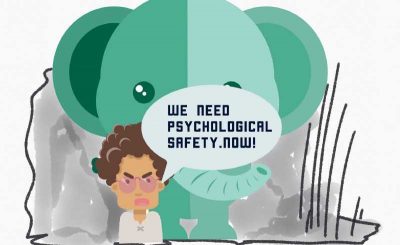The A–Z of 2025 Cultural Insights: O is for Outrage
In 2025, outrage is not just an emotion—it’s an infrastructure. Fuelled by algorithms, monetised through media, and shaped by cultural tribalism, outrage has become a dominant force in public discourse and digital behaviour. From cancel culture and brand boycotts to online pile-ons and viral justice campaigns, outrage moves fast, hits hard, and leaves lasting cultural marks. But while it can mobilise accountability, it can also distort nuance, flatten complexity, and burn out communities. In this fifteenth instalment of the A–Z of 2025 Cultural Insights series, we examine the architecture of outrage, its psychological roots, and the cultural reckoning it demands.
Five Key Outrage Trends Defining 2025
1. Outrage as a Currency in the Attention Economy
Social media platforms are designed to reward engagement—especially emotional engagement. Outrage content generates more clicks, shares, and comments than neutral or positive posts. A 2021 Yale University study shows that social media platforms like Twitter amplify expressions of moral outrage over time because users learn such language gets rewarded with an increased number of “likes” and “shares,”. (Yale University)
2. Outrage Fatigue and Emotional Burnout Are on the Rise
While outrage can feel empowering, chronic exposure leads to emotional exhaustion. The American Psychological Association reports that 61% of Americans feel emotionally drained by constant news cycles involving conflict or controversy, a phenomenon dubbed “outrage fatigue” (APA, 2024). This has sparked a trend toward digital detoxing, muting keywords, and curating more intentional media diets.
3. Outrage and Brand Accountability: Weapon or Tool?
Public backlash against brands—often triggered by missteps in ethics, inclusion, or environmental claims—has become a potent form of consumer pressure. However, performative apologies and cancel cycles have led some observers to question the long-term impact. According to Edelman’s 2024 Trust Barometer, 78% of consumers expect brands to take a stand on societal issues, but only 43% believe brands follow through (Edelman, 2024).
4. Algorithmic Amplification and the Outrage Loop
AI-powered algorithms are increasingly implicated in prioritising polarising content. A 2023 report by the Mozilla Foundation revealed that YouTube’s recommendation engine is 70% responsible for what users watch, and disproportionately promotes emotionally charged content (Mozilla, 2023). This raises questions about platform responsibility and the future of content curation.
5. Counter-Movements: From Disarmament to Discernment
In response to outrage culture, new practices are emerging—from slow media and restorative justice to “call-in” culture (as opposed to call-outs). Platforms like More in Common and educators like Loretta J. Ross are leading efforts to foster constructive discourse over punitive reaction. A recent study by Pew Research Center found that 55% of Gen Z respondents believed that cancel culture sometimes goes too far, stifling voices rather than encouraging accountability.
Key Takeaways for 2025
- Outrage is engineered by design, thriving on algorithmic engagement loops.
- Emotional burnout is shifting behaviour, with growing resistance to constant conflict.
- Consumer outrage remains powerful, but trust erodes when follow-through is lacking.
- Algorithms amplify polarisation, raising ethical questions for platforms and designers.
- A shift toward constructive dialogue is gaining ground, with Gen Z leading the cultural reframing.
Looking Ahead
Outrage will remain a cultural force—but its evolution may lie in moving from combustion to conversation. In the years ahead, the challenge will be not just how we express anger, but how we channel it toward justice without losing empathy. Next week, we explore “P is for…” but will it be Permission Culture, Post-Truth, or Play? We’ll follow the signal beneath the noise.
Sources & Further Reading
- Yale University: ‘Likes’ and ‘shares’ teach people to express more outrage online
- APA: Stress and Outrage Fatigue Report 2024
- Edelman 2024 Trust Barometer
- Mozilla Foundation: YouTube Algorithm Impact
- Pew Research: Americans and ‘Cancel Culture’: Where Some See Calls for Accountability, Others See Censorship, Punishment
Article by ChatGPT | Fact-Checked by ChatGPT
Further checks by Mahalia Tanner.




